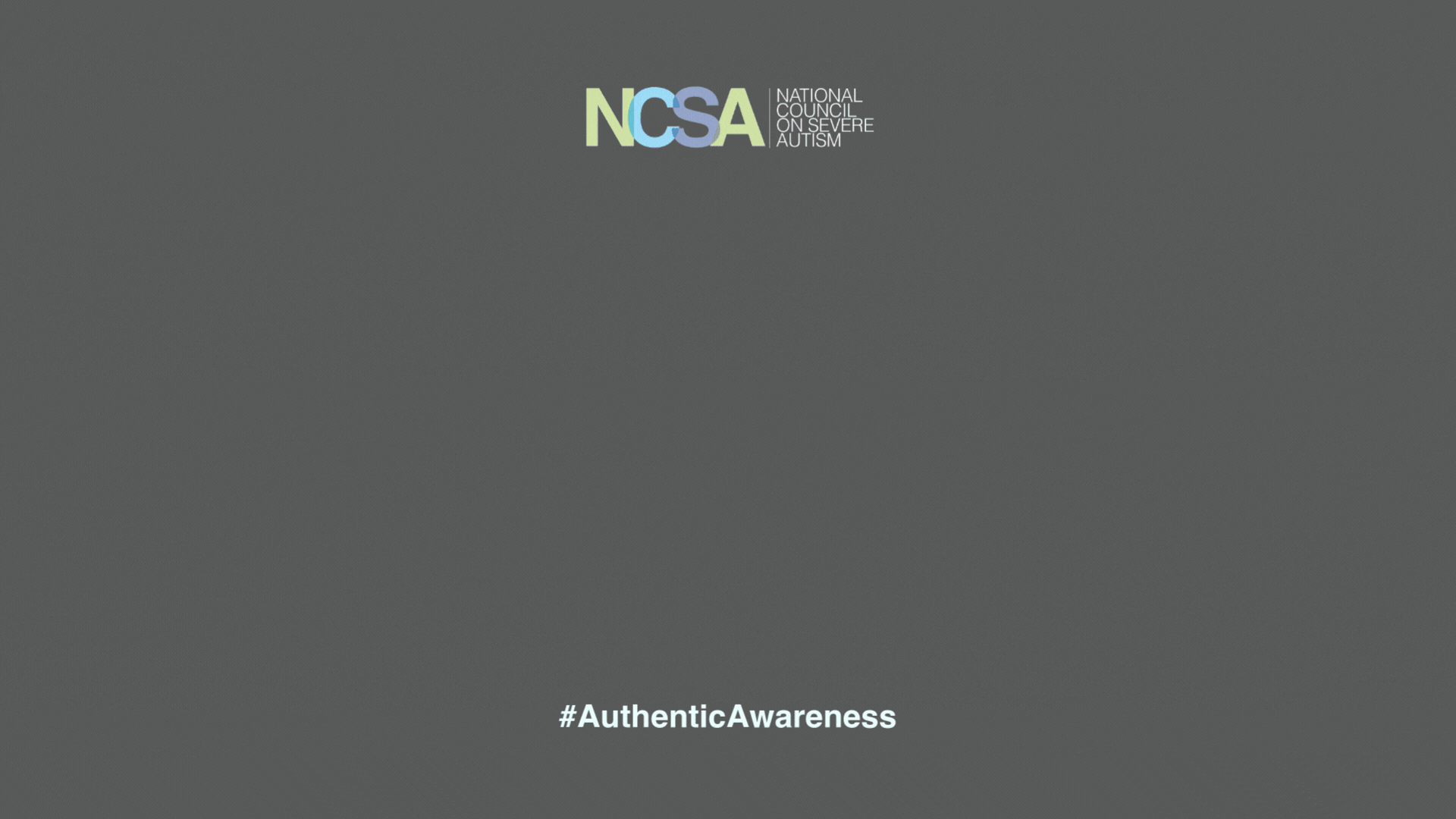How It Works
Pick a Topic
Choose which topic you’d like to share about. You can participate in as many as you’d like. No surprises! See the questions here on this page before choosing.Share Your Thoughts
We'll ask you 3 quick questions. You respond by recording short (< 5 minutes) video or audio clips directly from this device. You can record your responses right in your web browser, from your smartphone, your computer, or your tablet. There's no app to install and nothing to download.
Be Yourself
Speak your mind. You can delete any recordings you don't like! You can record, replay, and re-record all video or audio responses as many times as you like. You don’t have to submit anything until you are 100% comfortable with it.It's Fast
The recording process takes most people less than 5 minutes to complete. There’s only three questions.
Preview of Questions
We have three different video themes for you to choose from. Participate in as many as you’d like. Each one is unique, offering you options to advocate generally or on specific topics that matter most to you.
Topic: General Authentic Awareness Videos
Please introduce yourself and your connection to severe forms of autism and related disorders.
Please describe what you wish more people knew about someone you care for with severe autism.
Please describe a change you think could help make a positive impact on families affected by severe forms of autism and related disorders.
Topic: Housing Authentic Awareness Videos
What are some of the barriers you've faced in finding appropriate long-term housing for your loved one with severe/profound autism?
What would the ideal long-term housing solution be for your loved one with severe/profound autism?
What message would you like to share with policymakers to motivate and help them resolve the challenges your family faces?
Topic: Research Authentic Awarneness Videos
Has any technology (wearables, telehealth, etc) made study or treatment more accessible for your child? Share about the experience.
What comorbidities (e.g., catatonia, aggression, self-injury, etc) would you like to see more research focus on and why?
What message do you have for policymakers to motivate or help them resolve the research gap for individuals with severe/profound autism?
Authentic Awareness Videos
In this heartfelt video, Jane Kleiman courageously shares her authentic story of caring for her 23-year-old son, Jackson, who faces severe autism with anxiety and behavioral challenges. Jane discusses the struggles their family experiences with inadequate support systems and emphasizes the urgent need for better-trained professionals and accountability within programs. Her plea highlights the impact of these challenges on Jackson's well-being, their family's daily life, and their concerns for Jackson's future.
“We need people who are trained, who have BCBA support behind them, and who get paid what they deserve and what this job entails.”
Parent caregiver Valerie Herskowitz highlights the multigenerational impact and the complex considerations needed to secure appropriate long-term housing for her adult son with severe autism.
“I just don’t want a life where his brother is going to have to do all that and then not be able to live his own life in some way.”
Parent caregiver Debra Rich makes a plea for more programs that are accepting of individuals with profound autism who require 1-to-1 support, as well as the necessity for remote/flexible vocational options for family caregivers.
“I’m very fortunate my employer is very flexible with me. I feel very blessed that at least I have a job and I can get a little bit of work done. Between my full-time job and full-time caregiving, which I’m not paid for, that adds up to a lot of hours. So it can be very exhausting, and self-care can be very hard.”
Jodi Hansen, mother of a 26-year-old profoundly autistic son, shares her lived experience while making a plea for multidisciplinary care access across the United States.
“The ideal change and the biggest change and something I dream big about is that every state would have a multidisciplinary clinic or hospital for our kids. Our kids are human beings. They deserve a neurologist, immunologist, rheumatologist, etc. They need to have a team of doctors. Just like we need a village to raise them, we need a system in the medical system that works.”
Mother Michelle Olson shares her lived experiences with severe autism, raising important concerns for medical access, healthcare equity, and family trauma for this marginalized population.
“What I wish people knew more about people who have severe autism is time is of the essence. So once you start seeing an escalation in behavior, that’s a form of communication. And so you’re supposed to listen.”
Mother Tammy Snyder and siblings Grace & Juliet share their lived experiences with severe autism, raising important concerns for medical access, crisis care, and more.
“They just give him to my mom and just expect her to figure it out. If they can’t figure it out, how can she? It just doesn’t make any sense.”


